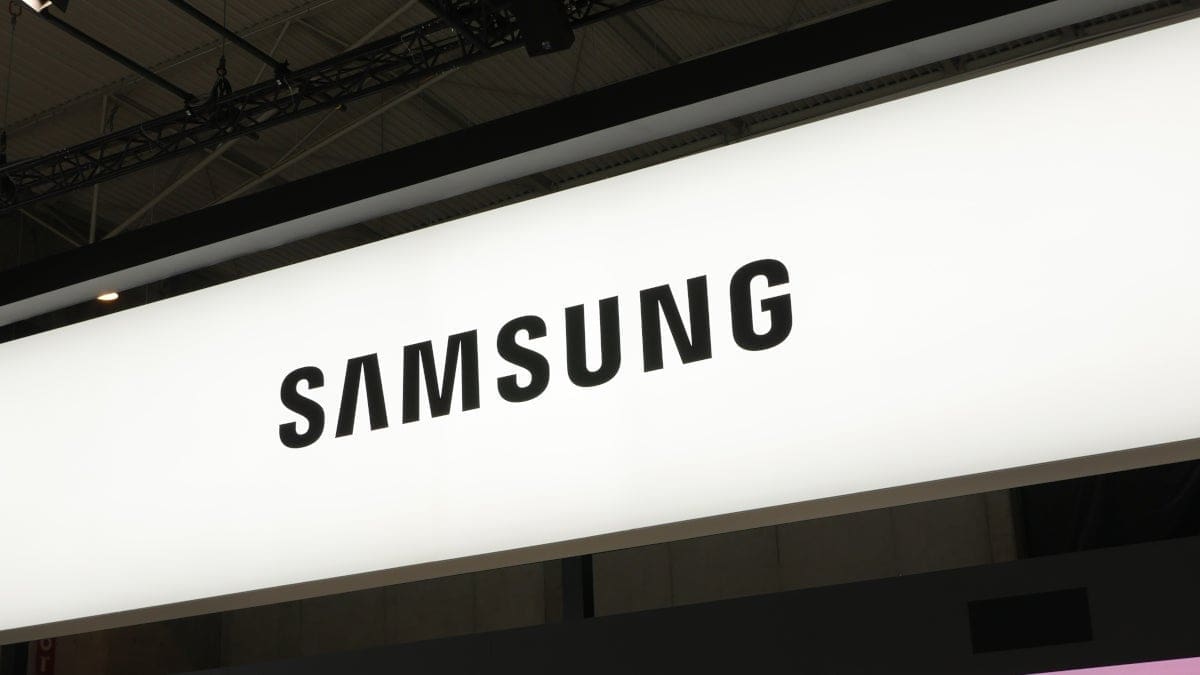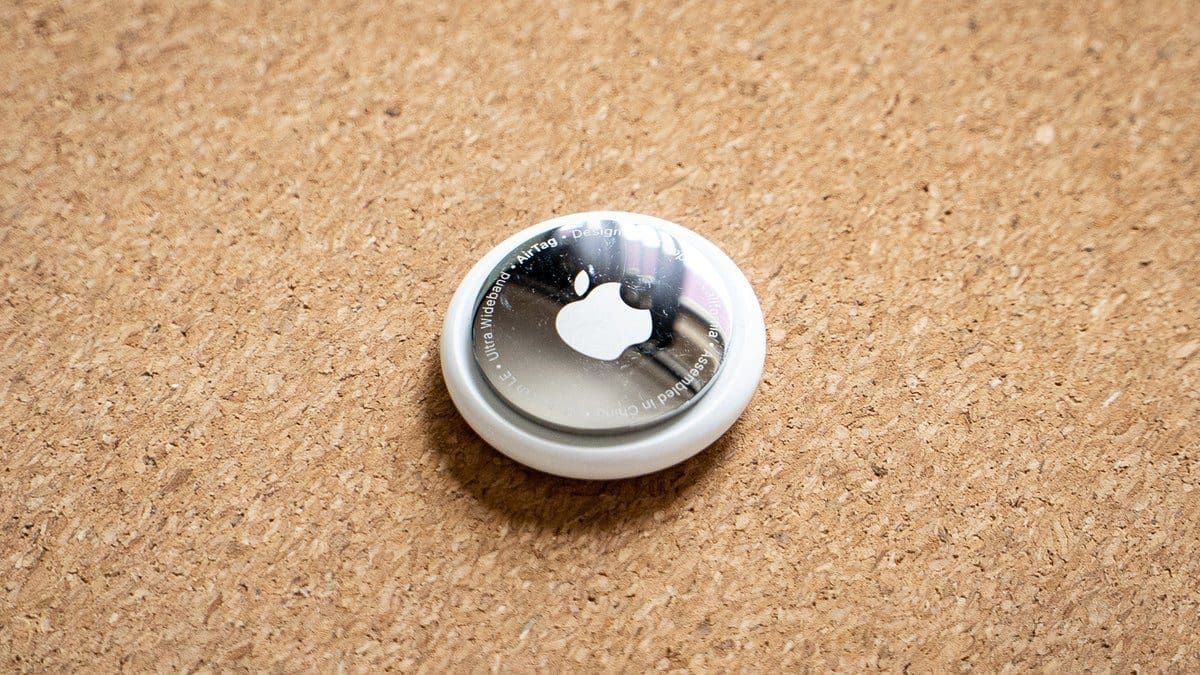Samsung Electronics faced a milestone moment as the National Samsung Electronics Union (NSEU) held its first strike, marking a significant event in the company’s history. With about 28,000 members, the union demanded better pay in a one-day walkout, showcasing employees’ increasing assertiveness as Samsung strives to advance in AI chip technology.
Despite the strike, Samsung Electronics assured that there was no immediate impact on semiconductor production or shipments. The move comes as Samsung intensifies efforts in AI and competes with Taiwan’s TSMC in contract chip manufacturing. The purpose of the strike was to initiate meaningful conversations with management, according to NSEU official Lee Hyun-kuk.
Market researcher TrendForce stated that the strike is unlikely to disrupt DRAM or NAND flash memory production due to high automation levels. The walkout primarily involved workers from Samsung’s Seoul headquarters and lasted only one day.
This strike follows previous worker protests outside Samsung offices in Seoul and a chip production site in Hwaseong. The NSEU seeks further commitments beyond a 5.1% wage increase, including enhancements to the performance-based bonus system and an additional day of annual leave.
Amidst challenges in its chip business, Samsung replaced the head of its semiconductor unit to address industry “crisis.” Despite these obstacles, Samsung surpassed Apple as the top global smartphone seller in the first quarter, capturing 20% of shipments according to research firm Counterpoint.
As Samsung navigates these challenges and strives for growth, it remains committed to engaging with unions and addressing concerns while maintaining its leading position in various technology sectors.









